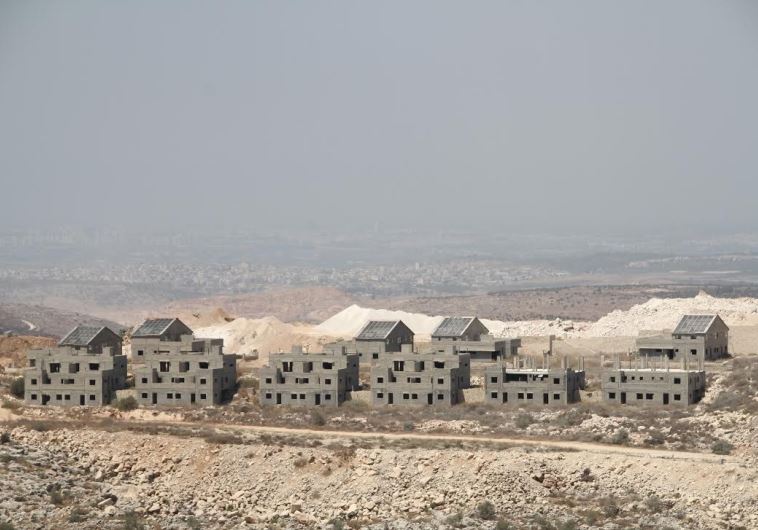Finance committee set to leave most settlements out of tax-break list
MK Yoel Hasson (Zionist Union) said that the Likud gave into religious right-wing extremists.
 Construction in a Leshem, a new neighborhood of the Alei Zahav settlement(photo credit: TOVAH LAZAROFF)Updated:
Construction in a Leshem, a new neighborhood of the Alei Zahav settlement(photo credit: TOVAH LAZAROFF)Updated: